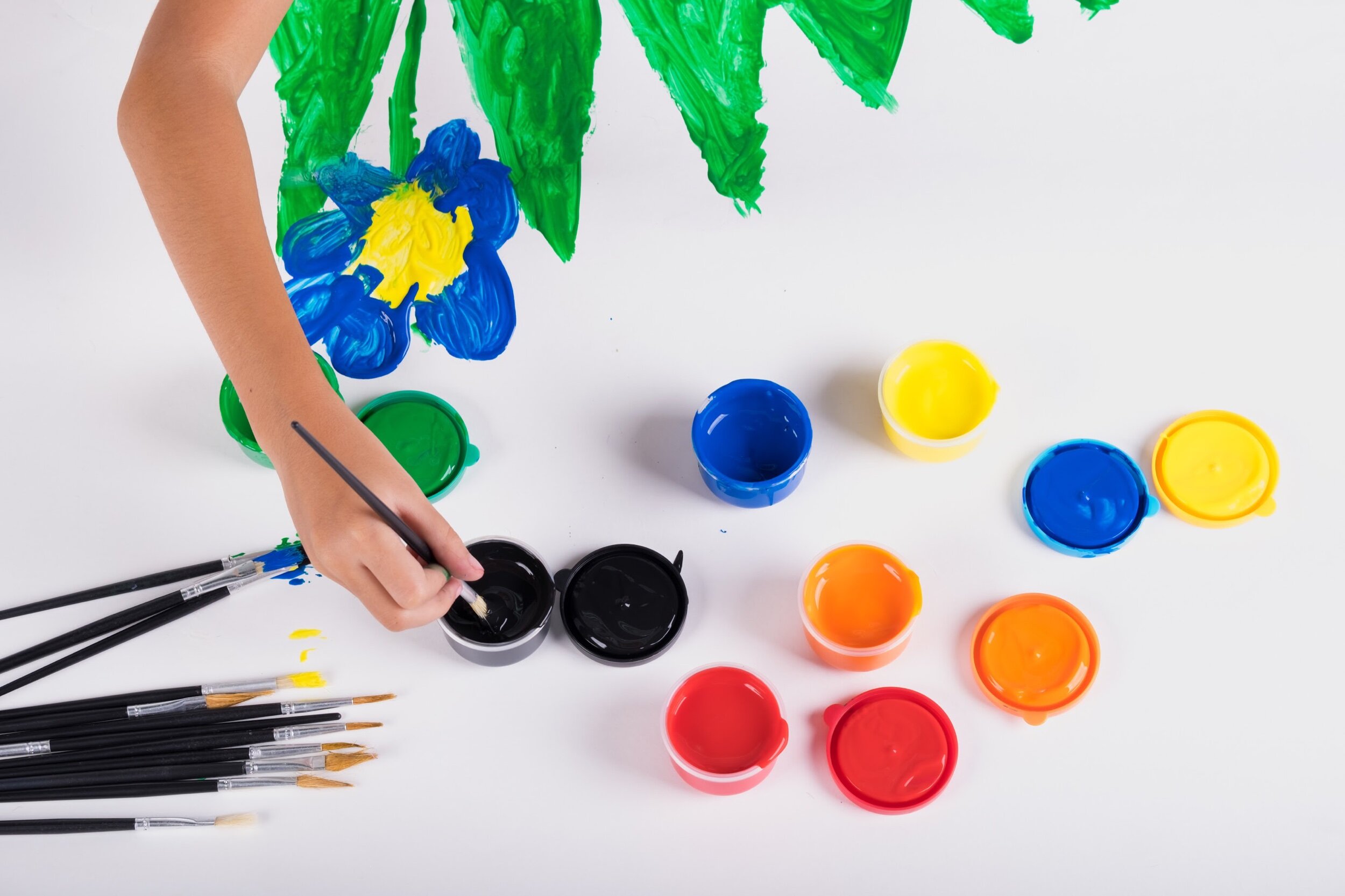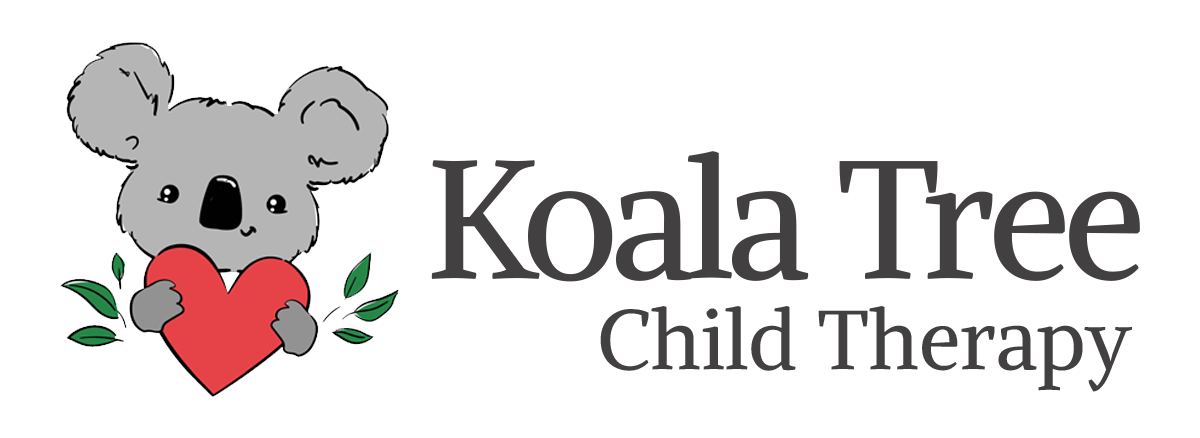
Play Therapy
‘Enter into children’s play and you will find the place where their minds, hearts and souls meet’ Axline (1956)
What is Play Therapy?
Play Therapy is a form of counselling for children who are in need of social, emotional or mental health support. Engaging in play is a fundamental aspect of childhood. The main language of a child is play, making play therapy a fitting therapeutic model. Furthermore, it is known that children do not necessarily have the developmental skills to verbally process their feelings, which makes talking therapies often developmentally inappropriate.
Play Therapy allows a child to feel accepted as they are, and express their feelings in a way that best suits them. It is not about ‘fixing’ a child, but giving them the space and skills to manage in more positive ways. As a therapist I aim to help your child to grow more resilient and discover their own ability to heal and grow.
Play Therapy is a well-established, clinically evidenced discipline, based upon a number of psychological theories. Recent research from the Play Therapy UK/ International (PTUK/PTI 2020) clinical evidence base suggests that 75% of the children referred have shown a positive change.
.I am qualified in helping clients who have experienced difficulties with:
Autism spectrum conditions (ASC)
Stress and Anxiety
Social relationships
Low self-concept and self-esteem
Trauma - PTSD
Bereavement, loss and separation
Adapting to new situations (e.g. new school or family set-up)
Depression and low mood
Anxiety disorders
Overcoming fears and phobias
Nightmares
Aggressive behaviour or rage
Shyness, withdrawn behaviour
Foster care and Adoption
To name a few of the over 300 presenting referral conditions identified by PTUK (2020)
What Happens in Play Therapy
I meet your child where they are emotionally, working to achieve their full potential. Using integrative play based approaches allows children to express their experiences, emotions and feelings in a safe, contained and developmentally appropriate way. We achieve this by firstly developing a trusting therapeutic relationship, and using mediums like sand tray, small world play, clay and art materials and puppets to make sense of their experiences and emotions. Children will choose what is right for them, and their personal process to healing.
Sessions are 40 minutes once a week, for a minimum of 12 sessions, in a consistent space with privacy where your child’s confidentiality can be best upheld.
The play therapy process transitions through many stages which need time to evolve, and in many cases may need longer than 12 sessions to help meet the therapeutic objectives set at regular reviews.
